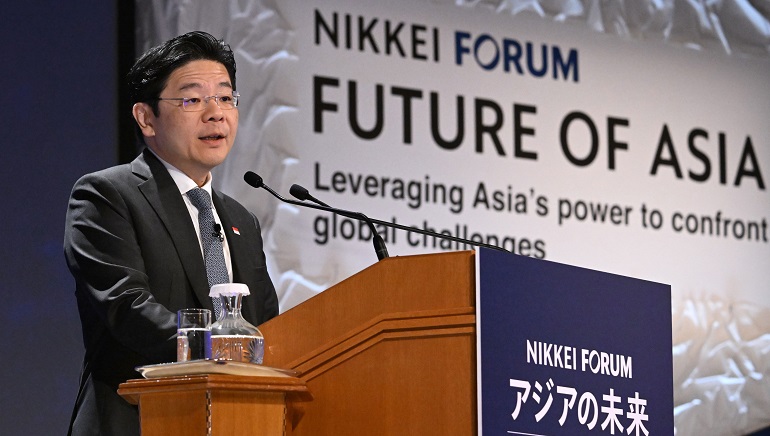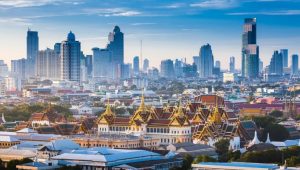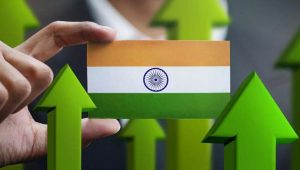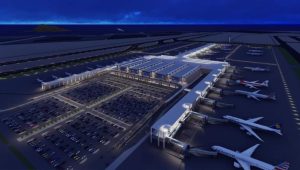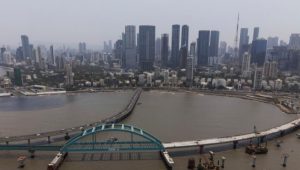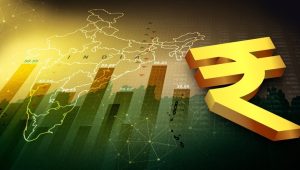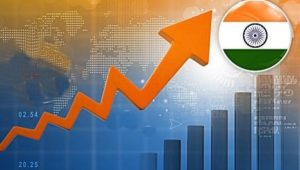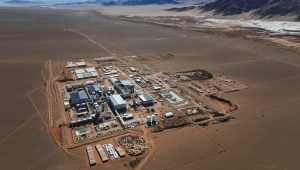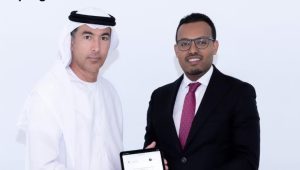Deputy Prime Minister of Singapore Lawrence Wong has warned that the calls to “de-risk” – rather than “decouple” – from China could lead to a more fragmented and decoupled world economy, which in turn, will split the world into competing regional blocs. There will be less trade, less investments and less diffusion of ideas, driving the world, especially Asia – where millions were lifted out of poverty, thanks to globalisation and trade – will end up worse off than before.
Addressing business leaders, academics and the media at the annual Nikkei forum Future of Asia in Tokyo on June 1, Wong made the statement in response to the discussion at the recent Group of Seven (G7) summit of advanced economies in Hiroshima in May. At the G7 summit, leaders introduced the term, de-risking, in their communiqué for the first time, trying to capture it more positively than their previous term, decoupling. De-risking means reducing “excessive dependencies” in critical supply chains such as by not over-relying on any country for the supply of materials or as a market.
In his speech, Wong, who is also Singapore’s Finance Minister, observed how geopolitical lines are clearly starting to be drawn. He said that there are signs of global foreign direct investment flows “becoming more concentrated among countries that are geopolitically aligned. This marks a significant change from the last three decades of globalisation, when investors assigned capital based on business considerations, and companies worked all over the world and linked up in global supply chains.





